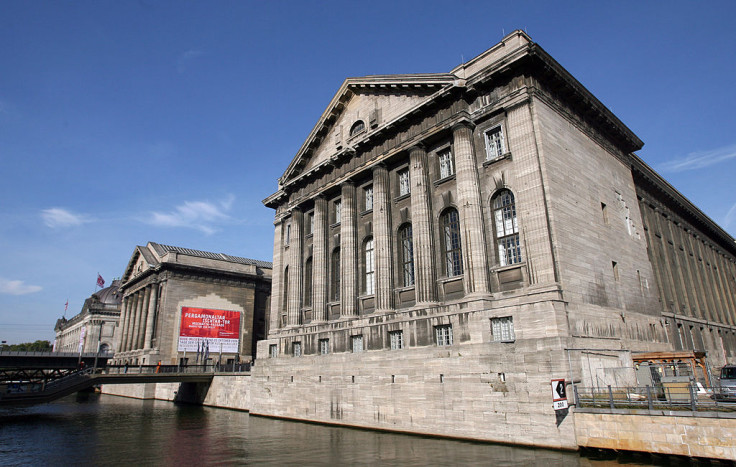More than 1,000 skulls and remains of East Africans held in Berlin
Skulls of rebels decapitated by German soldiers were sent back to Berlin for research.

More than 1,000 skulls and human remains brought from East Africa to Germany as part of a racial pseudo-science research programme during the European nation's colonial era are still in storage in Berlin.
Public broadcaster Ard reported that it had obtained a list of the human remains still being held by the Prussian Cultural Heritage Foundation, which administers state museums in the capital including those on Museum Island and Berlin State Library.
Most of the remains originate from Germany's former colonies in East Africa, including 1,003 items from what is now Rwanda and 60 from present day Tanzania.
Among them are 10 skulls of children.
Some of the remains are believed to be from rebels decapitated by German soldiers, whose heads were sent to research institutions in the German capital.
They were used by doctors and academics researching pseudo-scientific racial theories.
Hermann Parzinger, the foundation's chief, told Ard that the museum, "has no problem with returning these things."
Rwanda's ambassador to Berlin, Igor Cesar, said it was important that the skulls be taken out of the foundation's storage facility and returned, reported Deutsche Welle.
Germany's East African colonies were divided between Britain and Belgium after its defeat in World War I.
In recent years Germany has returned 20 skulls to Namibia, after Ard exposed that they were being held by The Charité hospital in Berlin and at Freiburg University in the country's south west.
They are believed to be victims of the German genocide of indigenous Namibians who rose up in revolt when the region was ruled by the German Empire from Berlin (1884 to 1915).
© Copyright IBTimes 2025. All rights reserved.






















